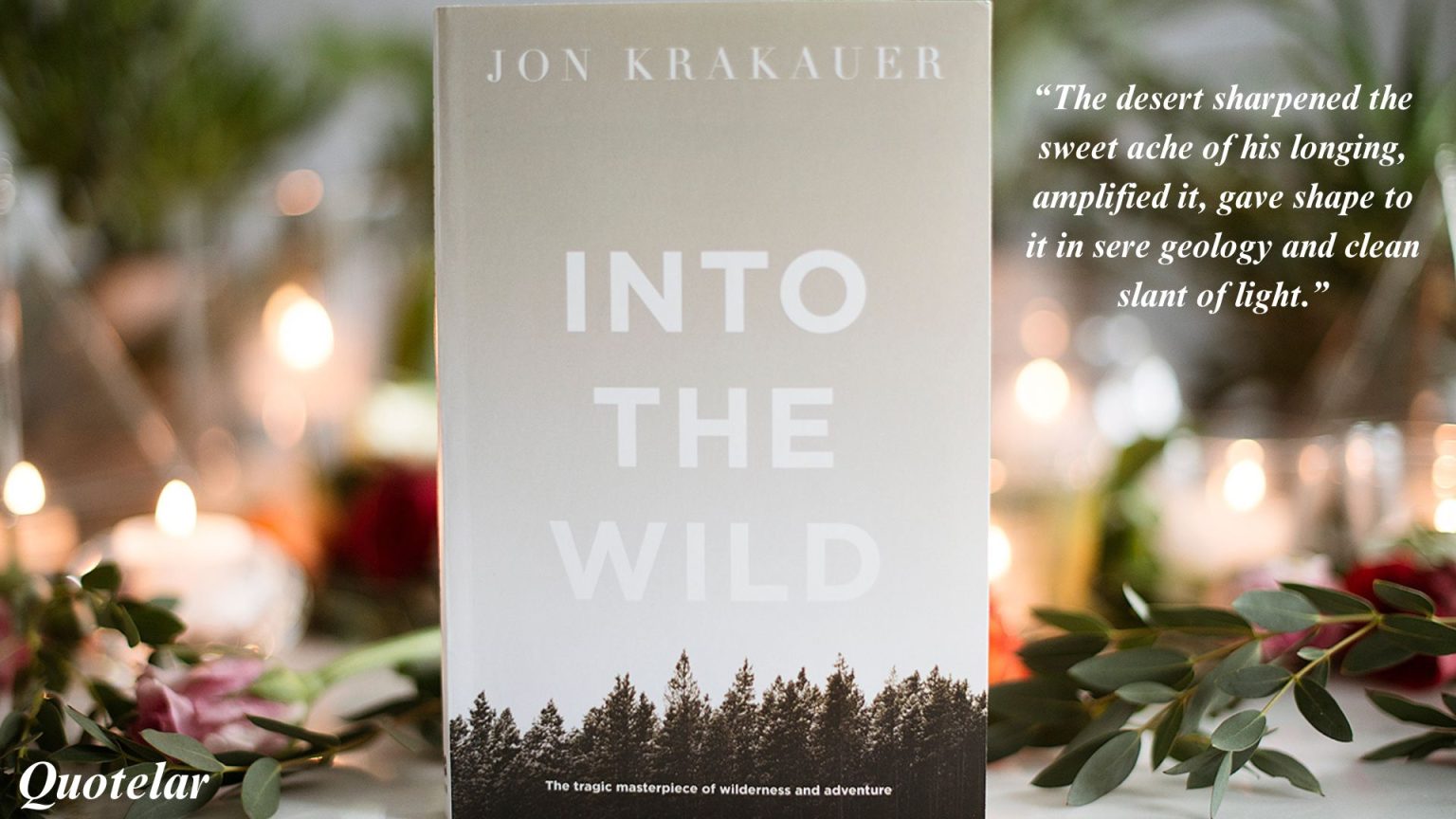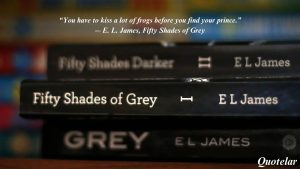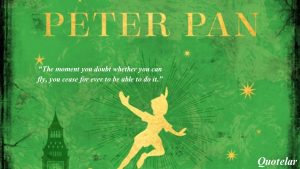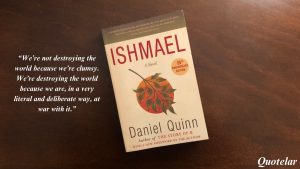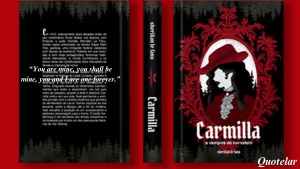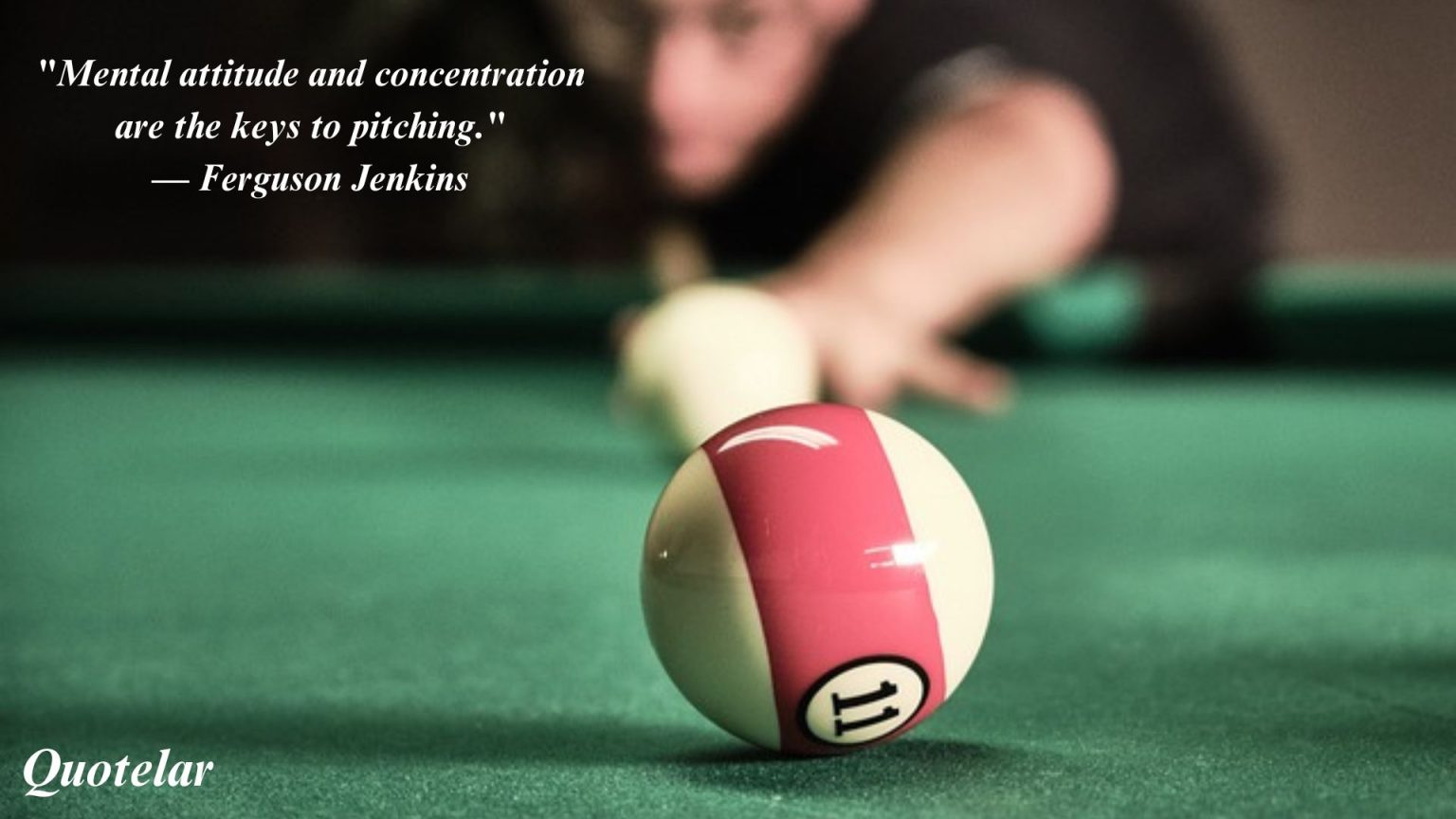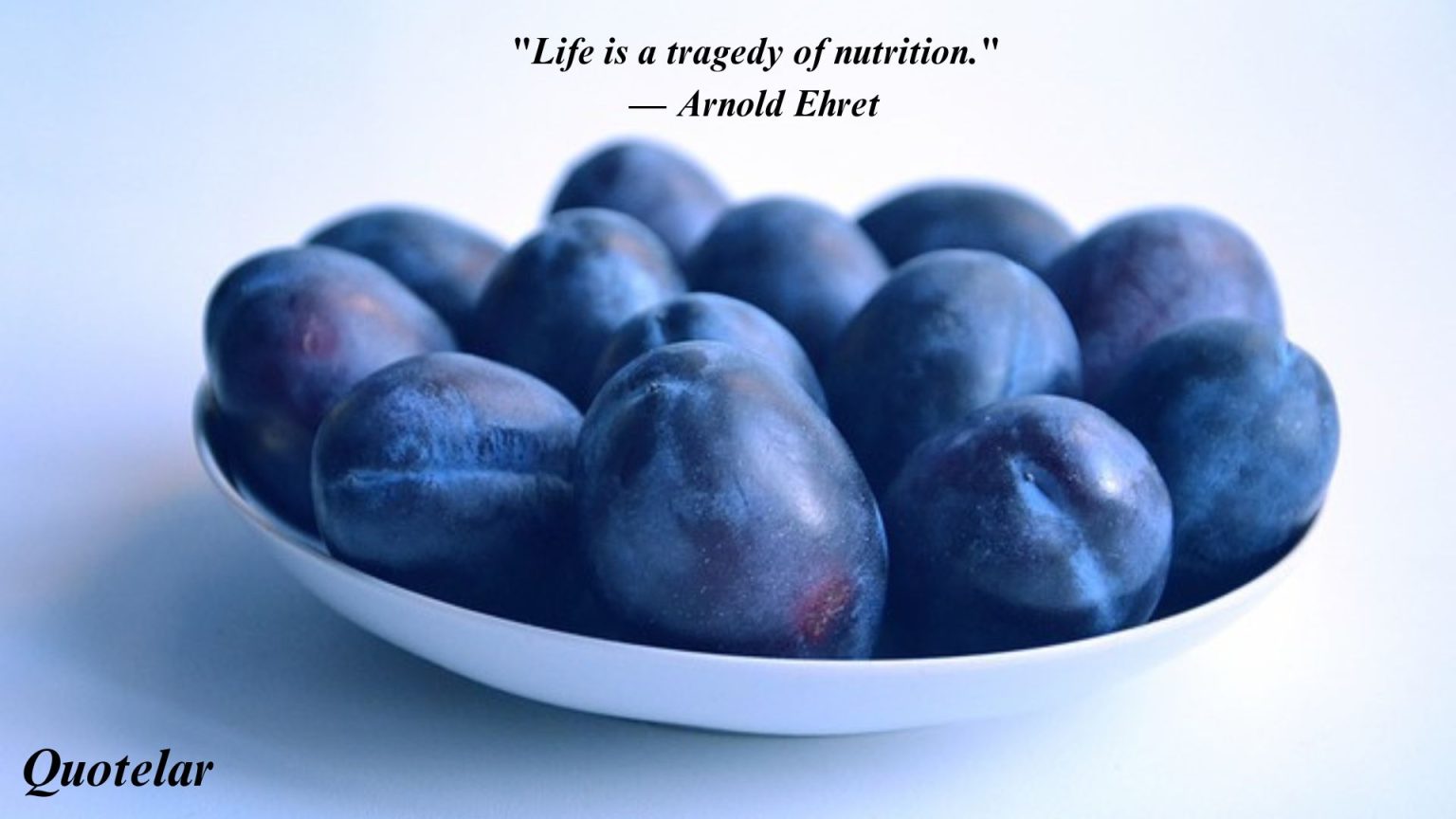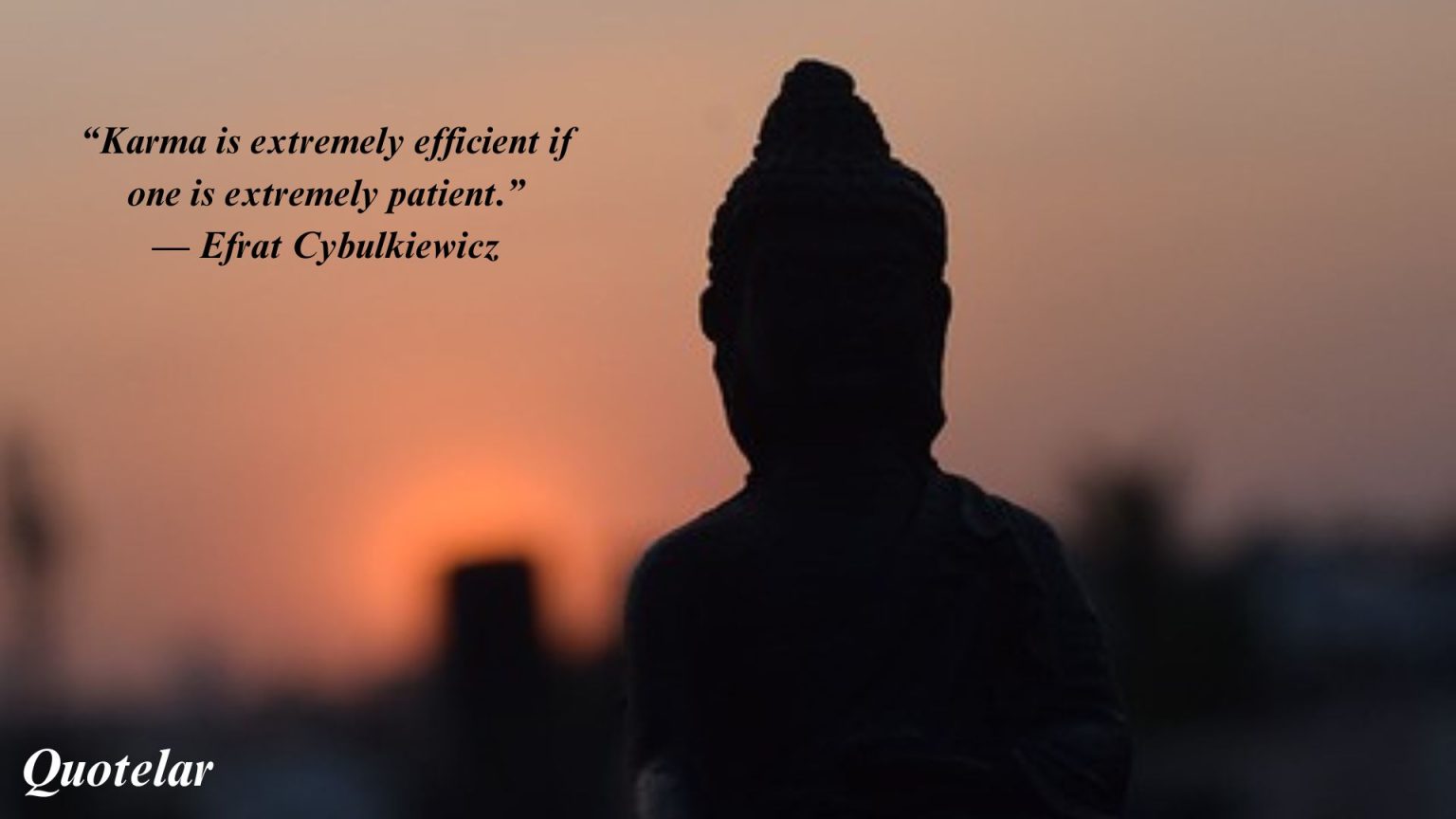Into the Wild is a 1996 non-fiction book written by Jon Krakauer. It is an expansion of a 9,000-word article by Krakauer on Chris McCandless titled “Death of an Innocent”, which appeared in the January 1993 issue of Outside.
Into The Wild Book Quotes
1. “He was unheeded, happy, and near to the wild heart of life. He was alone and young and wilful and wildhearted, alone amid a waste of wild air and brackish waters and the seaharvest of shells and tangle and veiled grey sunlight.”
2. “When Alex left for Alaska,” Franz remembers, “I prayed. I asked God to keep his finger on the shoulder of that one; I told him that boy was special. But he let Alex die. So on December 26, when I learned what happened, I renounced the Lord. I withdrew my church membership and became an atheist. I decided I couldn’t believe in a God who would let something that terrible happen to a boy like Alex. After I dropped off the hitchhikers,” Franz continues,” I turned my van around, drove back to the store, and bought a bottle of whiskey. And then I went out into the desert and drank it. I wasn’t used to drinking, so it made me real sick. Hoped it’d kill me, but it didn’t. Just made me real, real sick.”
3. “I now walk into the wild.”
4. “The desert sharpened the sweet ache of his longing, amplified it, gave shape to it in sere geology and clean slant of light.”
5. “So many people live within unhappy circumstances and yet will not take the initiative to change their situation because they are conditioned to a life of security, conformity, and conservatism, all of which may appear to give one peace of mind, but in reality nothing is more dangerous to the adventurous spirit within a man than a secure future. The very basic core of a man’s living spirit is his passion for adventure. The joy of life comes from our encounters with new experiences, and hence there is no greater joy than to have an endlessly changing horizon, for each day to have a new and different sun.”
6. “In coming to Alaska, McCandless yearned to wander uncharted country, to find a blank spot on the map. In 1992, however, there were no more blank spots on the map—not in Alaska, not anywhere. But Chris, with his idiosyncratic logic, came up with an elegant solution to this dilemma: He simply got rid of the map. In his own mind, if nowhere else, the terra would thereby remain incognita.”
7. “The trip was to be an odyssey in the fullest sense of the word, an epic journey that would change everything.”
8. “Alaska has long been a magnet for dreamers and misfits, people who think the unsullied enormity of the Last Frontier will patch all the holes in their loves. The bush is an unforgiving place, however, that care nothing for hope or longing.”
9. “Careers were demeaning “twentieth-century inventions,” more of a liability than an asset, and that he would do fine without one, thank you.”
10. “It is true that I miss intelligent companionship, but there are so few with whom I can share the things that mean so much to me that I have learned to contain myself. It is enough that I am surrounded with beauty…”
11. “It is the experiences, the memories, the great triumphant joy of living to the fullest extent in which real meaning is found. God it’s great to be alive! Thank you. Thank you.”
12. “I wanted movement and not a calm course of existence. I wanted excitement and danger and the chance to sacrifice myself for my love. I felt in myself a superabundance of energy which found no outlet in our quiet life.”
13. “I had some terrific experiences in the wilderness since I wrote you last – overpowering, overwhelming,” he gushed to his friend Cornel Tengel. “But since then I am always being overwhelmed. I require it to sustain life.”
14. “He read a lot. He used a lot of big words. I think maybe part of what got him into trouble was that he did too much thinking. Sometimes he tried too hard to make sense of the world, to figure out why people were bad to each other so often. A couple of times I tried to tell him it was a mistake to get too deep into that kind of stuff, but Alex got stuck on things. He always had to know the absolute right answer before he could go on to the next thing.”
15. “At that stage of my youth, death remained as abstract a concept as non-Euclidean geometry or marriage. I didn’t yet appreciate its terrible finality or the havoc it could wreak on those who’d entrusted the deceased with their hearts.”
16. “I was dimly aware that I might be getting in over my head. But that only added to the scheme’s appeal. That it wouldn’t be easy was the whole point.”
17. “I have lived through much, and now I think I have found what is needed for happiness. A quiet secluded life in the country, with the possibility of being useful to people to whom it is easy to do good, and who are not accustomed to have it done to them; then work which one hopes may be of some use; then rest, nature, books, music, love for one’s neighbor – such is my idea of happiness. And then, on top of all that, you for a mate, and children, perhaps – what more can the heart of a man desire?”
18. “According to the moral absolutism that characterizes McCandless’s beliefs, a challenge in which a successful outcome is assured isn’t a challenge at all.”
19. “Happiness [is] only real when shared.”
20. “At long last he was unencumbered, emancipated from the stifling world of his parents and peers, a world of abstraction and security and material excess, a world in which he felt grievously cut off from the raw throb of existence.”
21. “I don’t want to know what time it is. I don’t want to know what day it is or where I am. None of that matters.”
22. “He needed his solitude at times, but he wasn’t a hermit. He did a lot of socializing. Sometimes I think it was like he was storing up company for the times when he knew nobody would be around.”
23. “Chris would use the spiritual aspect to try to motivate us. He’d tell us to think about all the evil in the world, all the hatred, and imagine ourselves running against the forces of darkness, the evil wall that was trying to keep us from running our best. He believed that doing well was all mental, a simple matter of harnessing whatever energy was available.”
24. “Now what is history? It is the centuries of systematic explorations of the riddle of death, with a view to overcoming death. That’s why people discover mathematical infinity and electromagnetic waves, that’s why they write symphonies..”
25. “Hours slide by like minutes. The accumulated clutter of day-to-day existence — the lapses of conscience, the unpaid bills, the bungled opportunities, the dust under the couch, the inescapable prison of your genes — all of it is temporarily forgotten, crowded from your thoughts by an overpowering clarity of purpose and by the seriousness of the task at hand.”
